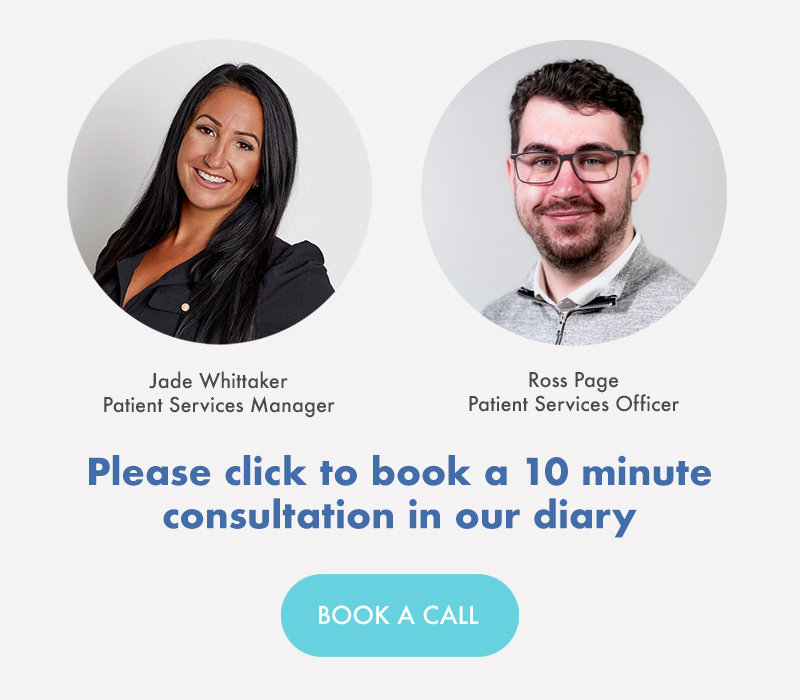Advice centre / Understanding haemorrhoids / What causes haemorrhoids
How exercise could prevent and cause haemorrhoids
Whilst haemorrhoids may not be the most regularly discussed topic in the gym changing room, it shouldn’t be something you should feel shy about discussing. An estimated 8 million people suffer with haemorrhoids and it’s important to understand how the gym and exercise can both prevent and cause the condition. There are also certain techniques you can use if you are already suffering with haemorrhoids to ensure that you don’t need to stop enjoying your regular exercise activities.
What are haemorrhoids and do I have them?
Haemorrhoids, also known as piles, are swellings containing enlarged blood vessels found inside or around the bottom (NHS). If you have haemorrhoids, symptoms may include bleeding after passing a stool, a lump hanging down outside your anus and soreness around the area. The exact cause of haemorrhoids is unclear, but they are associated with increased pressure in the blood vessels in and around your anus.
Pressure can be caused by straining during bowel movements or pregnancy, but a lesser-known cause is heaving lifting, such as when bodybuilding. Given that more and more women are swapping cardio for the weights rack, understanding haemorrhoids is increasingly important for both men and women’s health.
Can exercise help to prevent haemorrhoids?
Having haemorrhoids should not deter you from going to the gym.
Regular excercise aids those suffering with heamorrhoids because it reduces the pressure in the blood vessels in and around the anus, which promotes regular bowel movements and prevents constipation.
It can also help you lose weight; this is key given obesity can increase your susceptibility to acquiring haemorrhoids due to the added pressure on the bottom area. Therefore, regular exercise can in fact reduce the risk of haemorrhoids returning or even from developing in the first place.
What can I do at the gym to reduce my susceptibility to haemorrhoids?
Poor weight-lifting form can increase your likelihood of getting symptoms.
If you hold your breath as you lift this can place added pressure on your internal organs and the veins around your anus (Womens Health). Instead, when you are lifting, ensure that you are pushing the air out against the abdominal wall and not down towards your anus.
Also, exhale fully after each rep and don’t lift too much too soon. Ensure you stay hydrated during exercise and have a high fibre diet in general given that this reduces the likelihood of constipation.
How do I exercise if I already have haemorrhoids?
Having haemorrhoids does not necessarily mean that you should reduce your activity level.
Dr Hudson-Peacock, the Medical Director at eXroid, advises that if you already have the condition you should take it easy at the gym. You should lower the amount of weight you are lifting and focus on using proper form instead.
If you’re experiencing a server flare-up, Dr Hudson-Peacock advises avoiding exercises that cause discomfort. Exercises that are likely to cause discomfort are cycling or rowing due to the pressure placed on sensitive areas. Instead, cardiovascular exercises such as swimming or the treadmill should be more comfortable.
If haemorrhoid symptoms become more severe and stop you from carrying out your regular exercise routine, you should seek medical advice.
One avenue to quickly fix your haemorrhoid problem is the eXroid® treatment. A gentle current is applied to the base of the haemorrhoid for up to 10 minutes and there is no need for anaesthetic. Many patients feel instant relief as soon as they walk out of the clinic, meaning they can get back to the exercise they love doing in no time.
Our highly trained advisors know how awkward the subject matter can but there really is no need to suffer in silence. A discreet call is the first step.
To organise an appointment with an eXroid consultant, please call us on 0800 999 3777 or click here for all other queries.








